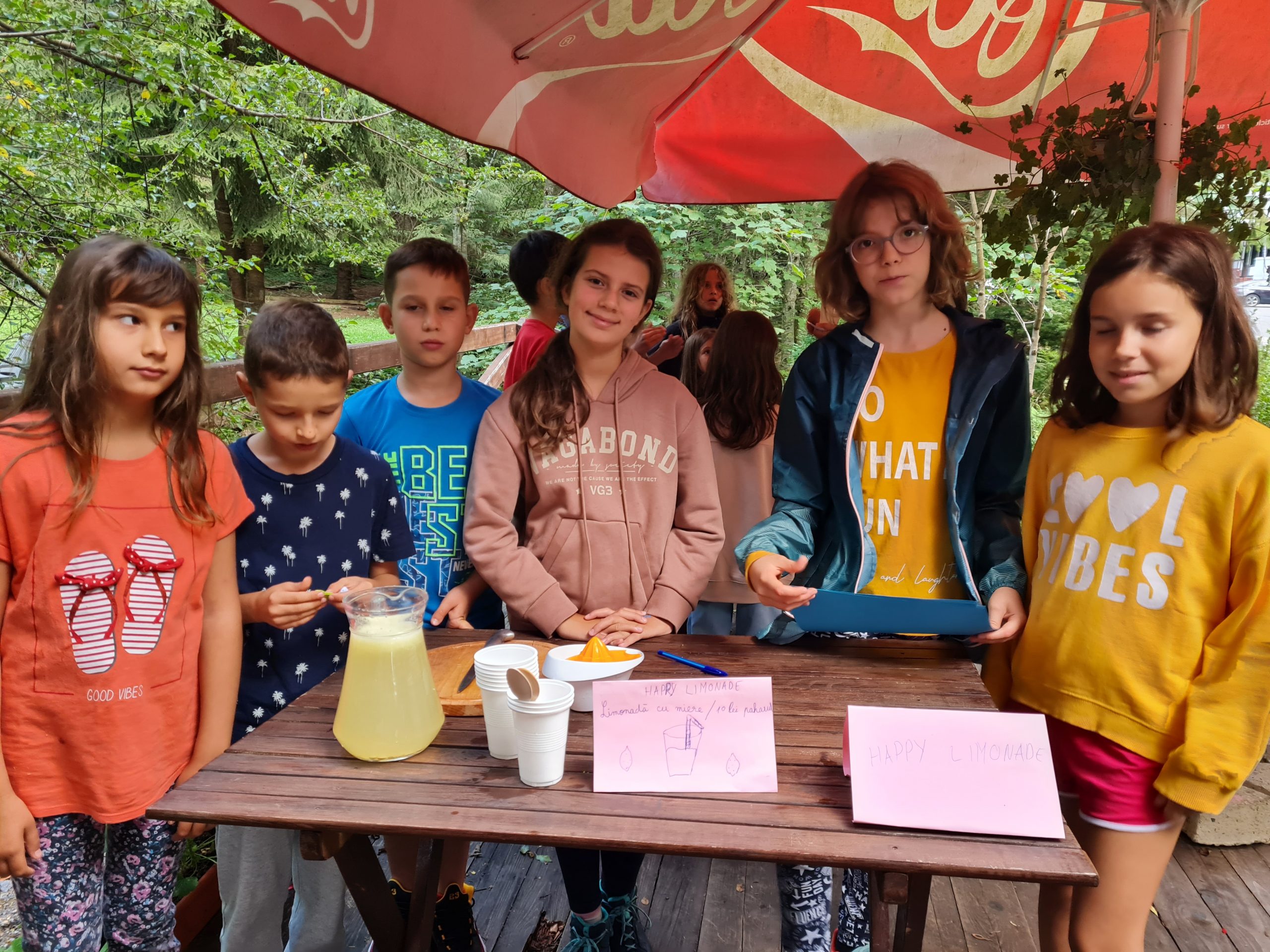
Simple steps to introduce the concept of time management into children's lives
We want the little ones to be involved in as many activities as possible: to develop their creativity, critical thinking, train a flexible mentality, build harmonious friendships, play sports, read and spend valuable time with family and loved ones. Inevitably, with all these things to check off, the children's schedule becomes more and more busy.
How do children organize their time? Time management can be difficult for them; between school and extracurricular activities, it seems like there aren't enough hours in the day anymore. Time management skills are essential for the harmonious development of children and for maintaining a balance between activities, homework, free and play time and time spent with family and friends.
Here are some tips from the experts on how to encourage little ones to use their time effectively and create a schedule that works for them:
Daily routines provide clarity and help arrange children's schedules
One of the best ways to help children manage their time is to establish a daily schedule with them that includes wake-up time, with minimal changes on weekends or holidays, times to relax and read, opportunities to socialize, time outdoors even when the weather is not hot, times dedicated to sports and homework. It is essential to build these routines together with the little ones and to remain open and flexible according to the children's developmental needs.
Children must have their own calendars
It is important for the little ones to have an idea about the days immediately approaching and what activities are to take place. When children build a calendar, they become more independent and autonomous in their preparation for certain tasks. For example, when the little ones know that they are going on vacation in another country, and notice on their calendar how many days are left until the time of departure, they manage to organize themselves, think about their luggage and look for what activities they want to do during that vacation.
Practice waiting together and train your patience muscle
When children know that their birthday, school party or movie night is coming up, they understand that they have to wait for those moments and that they don't happen "overnight". It's essential to mark the days off on the calendar and build excitement as the event approaches. This gives children a sense of what it's like to procrastinate, a positive experience to associate with procrastination, and reasons to be grateful for each day of their lives.
Plan long-term goals
The key to success with long-term projects is to break them into smaller steps. If the goal is to read a voluminous book in a relatively short time, we need to set a number of x pages that the child can read per day; this will help your little one feel progress and increase their self-image.
Determine what the priorities are
If the children's schedule is still way too busy, the next step would be to set together what the priorities are and why they should be set that way. It is essential that little ones learn to differentiate between "it's good to" / "need to" and "I'd like to" and learn to set priorities. Among time management tools, there is a method that presents, in the form of a METAPHORS, a day in our lives. Using a jar, large stones, small stones and sand, we can help the little ones organize themselves better. The first stones we put in the jar are the big stones, the priorities (example: sleep, meals, family), immediately after that the smaller pebbles (example: sports, reading, games), and finally the sand which represents the activities that are not priorities, but which the child wants to do (example: an hour of playing on the computer).
To help children manage their time we need to know, first of all, how to manage ours effectively
Children learn by example. It is essential to demonstrate good time management skills if we want to see them later in our children.
Time management skills are important for children because they help them understand how to use their time wisely. This is a valuable skill that can be used in all aspects of their lives, from school to extracurricular activities and even at home. Also, when children know how to manage their time, they can better keep track of schoolwork and other activities, they are more relaxed and responsible.
What time management techniques do you use for yourself?
But with the little ones? Leave us a comment and share your experience: 🙂
*Article written by Veronica Dunga, KEN Academy trainer.
Tag:time management, BOYS
